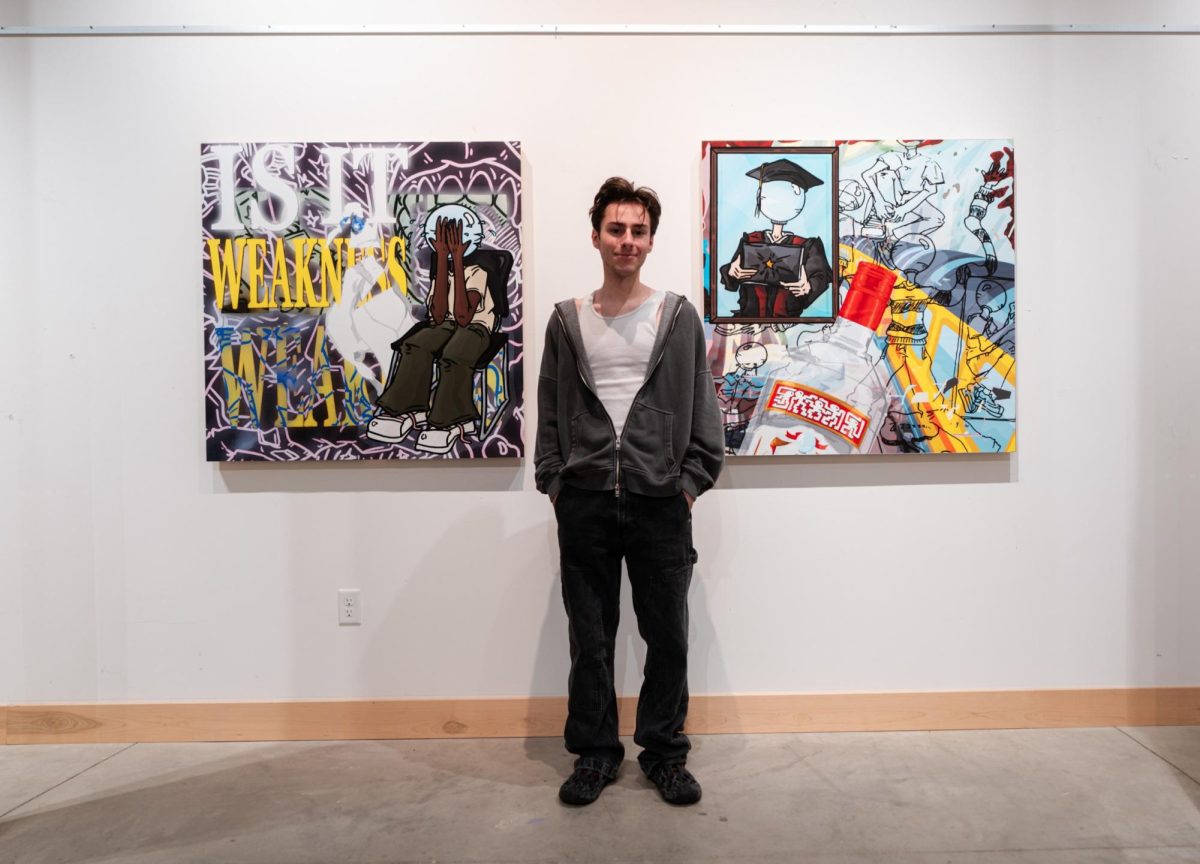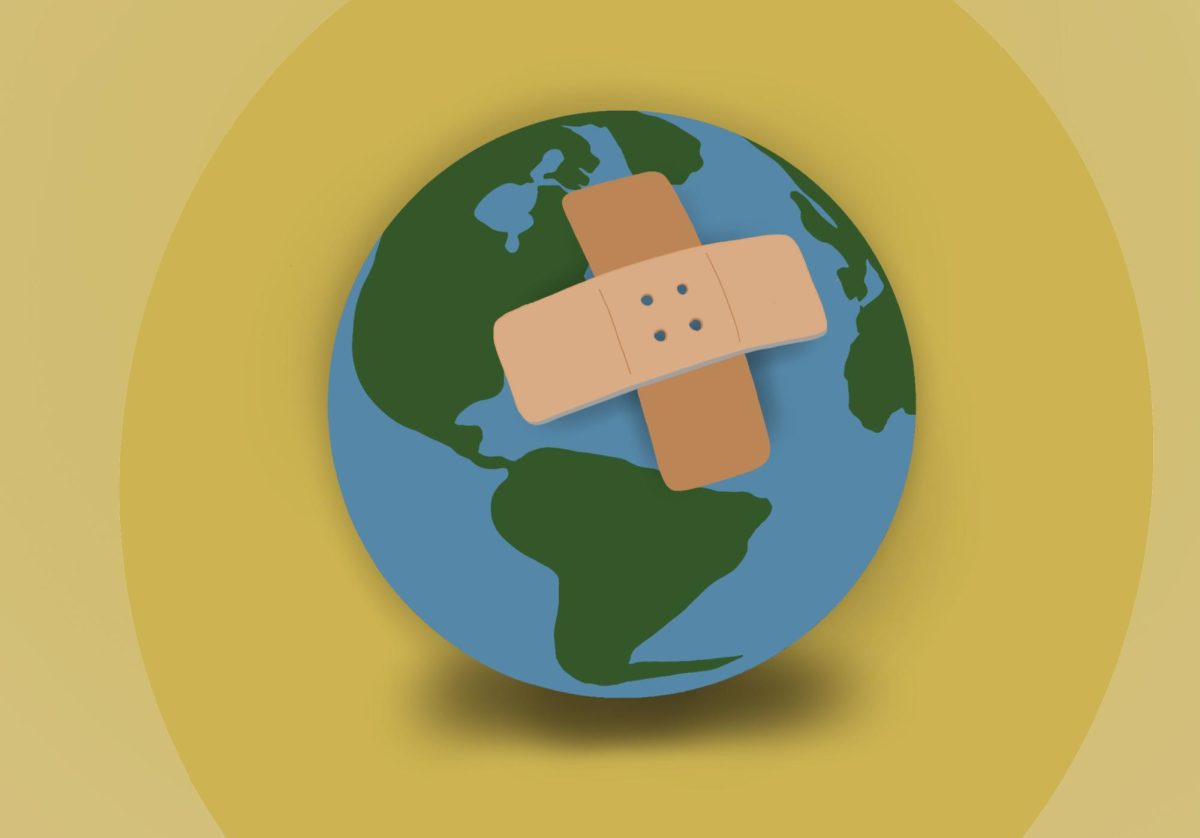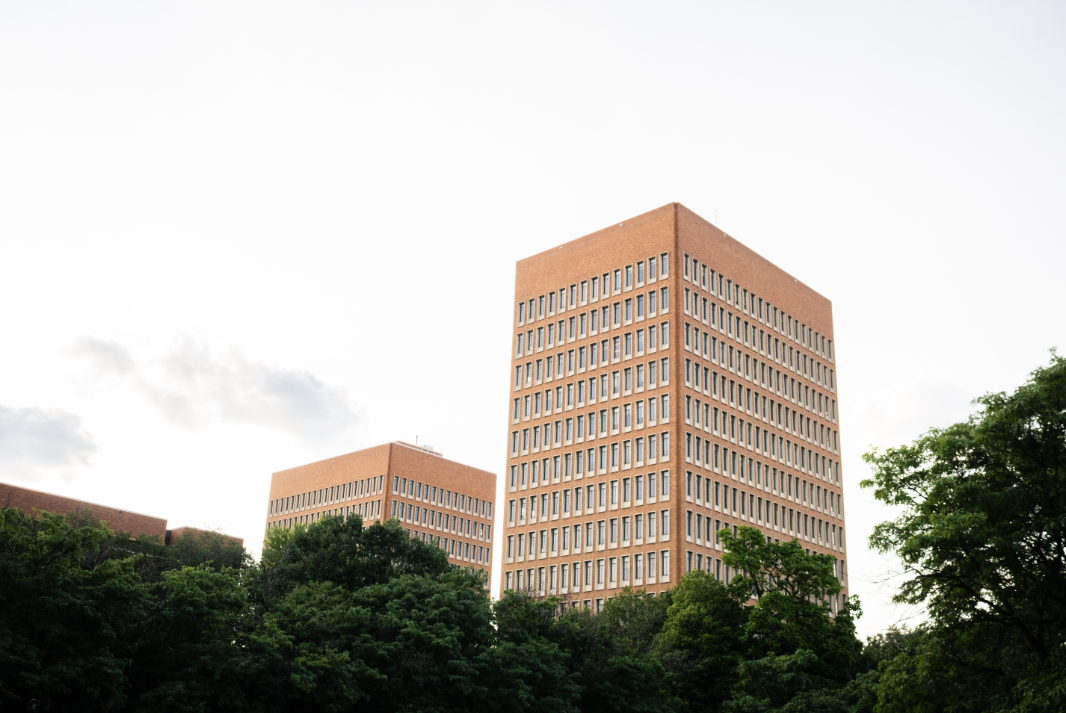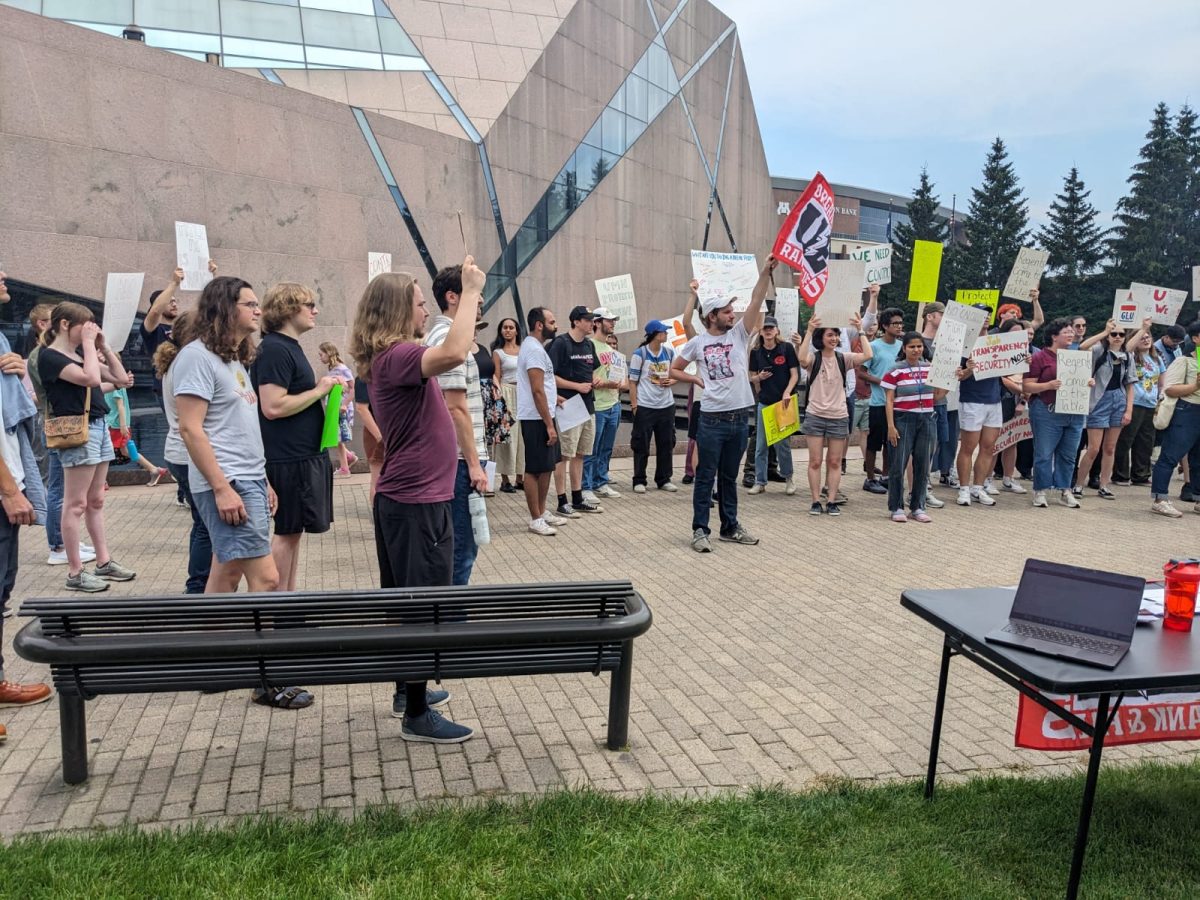After one year of the Community Commission on Police Oversight’s (CCPO) existence, many local activists say the commission has failed.
CCPO, established on April 20 of last year, aimed to investigate police misconduct and provide a forum for the public to have a say in police oversight. However, the commission has seen little progress toward its mission, activists say.
CCPO Vice Chair Latonya Reeves said their main challenge has been maintaining documentation and the backlog of citizen complaints. CCPO has handled two investigations out of hundreds of complaints, according to the Star Tribune.
“It has been challenging in terms of just making sure we’re getting all of the information in terms of the backlog,” Reeves said. “The city’s really working towards making sure we’re getting everything that we need to be successful and move forward at this point.”
CPPO investigations are conducted by five members on a rotating basis. Three of the five members would be from the commission, while the other two places would be taken by Minneapolis police officers appointed by the police chief.
CCPO’s work groups research complaints, analyze the report with the Office of Police Conduct Review (OPCR) and make recommendations to be approved by the commission and sent to the police chief, who can opt to follow the commission’s recommendation.
Over the past year, many local activist groups grew frustrated with the lack of power CCPO has over police misconduct and discipline. Twin Cities Coalition for Justice 4 Jamar (TCC4J) member Jae Yates said CCPO is a failed project and does not think they fulfilled any of the promises of public outreach or making police accountability more transparent.
“I think that my position and the position of TCC4J is that we don’t want the CCPO to exist,” Yates said. “We want real democratic community control of the police.”
Reeves added that the CCPO has not been informed if any of their recommendations have led to any decisions.
Besides the backlog, Reeves said it is unclear how CCPO will interact with the consent decrees by the Minnesota Department of Human Rights and the U.S. Department of Justice.
Reeves said she knows a lot of the community would like to see CCPO processes move quicker but hopes everyone can understand that this is a collaborative effort that needs time.
“It’s going to be a collaborative partnership between everyone because, after all, I believe everyone wants the same goal,” Reeves said. “We just got to make sure that we can all get there together.”
Toshira Garraway Allen, Families Supporting Families Against Police Brutality founder, said it is time to recognize that the people who Minneapolis police have harmed are the experts in these conversations.
“They have to have the understanding that they can’t make these decisions alone,” Garraway Allen said.
CCPO works alongside OPCR whose director recently resigned following an eight-month investigation alleging he physically intimidated staff, threatened others with violence and regularly demeaned female employees, according to the Star Tribune.
Communities United Against Police Brutality Board Member Dave Bicking said some of the blame for the lack of process in CCPO also lies on the OPCR. Bicking said the office is bringing in outside law firms to help with investigations.
Bicking said that when he was a member of the Minneapolis Civilian Police Review Authority (CRA), a predecessor to a different civilian-led police accountability group, the police chief rarely took the CRA’s recommendations on discipline.
Bicking said every big commission overseeing the police needs committees to help order and maintain workload, whose meetings should be open to the public. Bicking said CCPO has work groups, not committees, that can skirt around the law.
“We’re talking about transparency and trust,” Bicking said. “They meet only behind closed doors. That’s not right.”
CCPO works under the Minneapolis Department of Civil Rights, whose director, Alberder Gillespie, was fired by Mayor Jacob Frey on Feb. 16. on claims she obstructed efforts at police oversight, according to the Star Tribune.
Garraway Allen said decisions about police conduct should not be made without input from the communities who experience police brutality and these discussions about police oversight are not solely about police abuses of power.
“It’s not all about power, it’s not all about authority, it’s not all about who says what in all of that,” Garraway Allen said. “It’s about people feeling included. It’s about voices being heard when the decisions are made and it’s about everybody feeling equal.”





























Ken DeYoe
Apr 26, 2024 at 11:09 am
Absolutely. Failed due to “We want real democratic community control of the police.” What does “democratic community control of police” truly mean?
Previous review boards have failed. Why should this effort be different? Just like the community groups to reduce crime. They come and go but crime remains. ♂️♂️